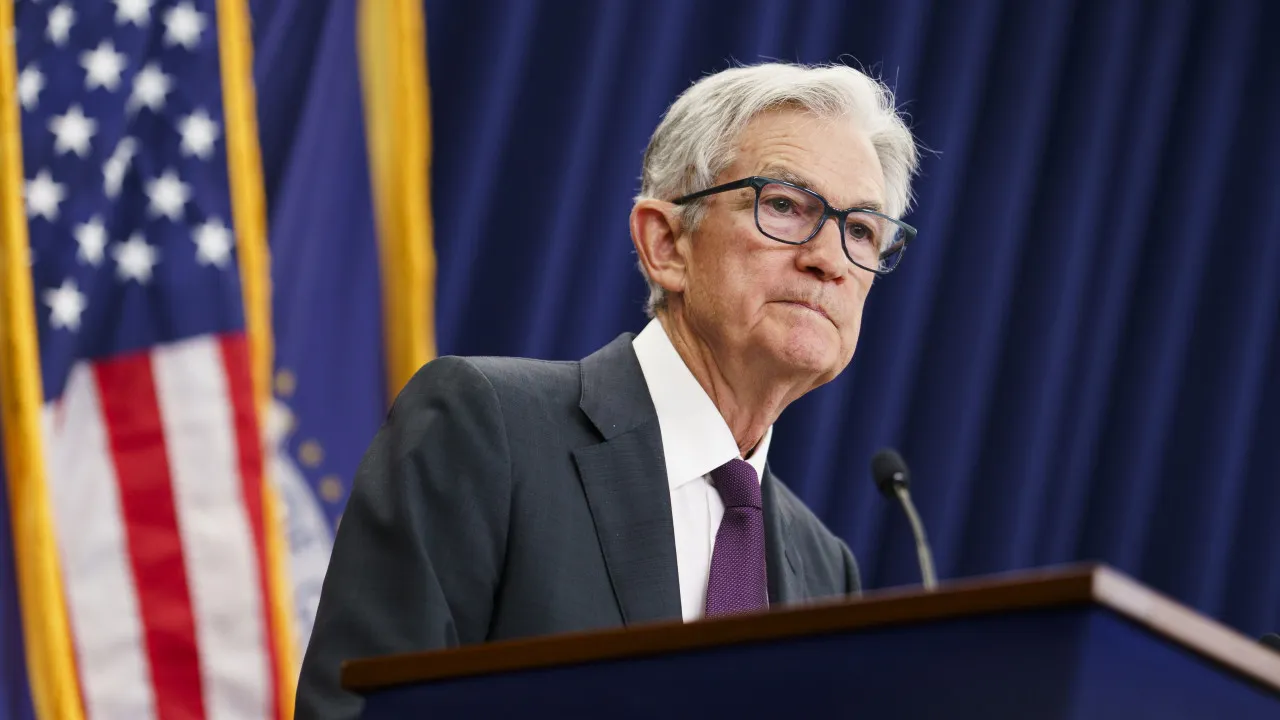
Federal Reserve Chair Jerome Powell emphasized the importance of maintaining central bank independence while explaining the Fed’s decision to keep interest rates unchanged. He stated, “Having an independent central bank is an institutional arrangement that has served the public well. It must be respected and continued as long as it does.” This response came amid speculation that the pressure from former President Donald Trump to lower rates could compromise the Fed’s independence.
Powell noted that this independence allows for “making challenging decisions based on data, forecasts, and balance of risks, rather than political factors.” He added, “Governments in the developed world have sought to create distance between direct political control and decision-makers.”
According to Powell, without such independence, “there would be a huge temptation to use interest rates, for instance, to influence elections. That is something we want to avoid,” he concluded.
The U.S. central bank’s benchmark rates remained in the 4.25%-4.5% range, although the decision was not unanimous, with two votes against.
Powell expressed caution regarding inflation, which remains above the Fed’s 2% target, and voiced concerns about labor market developments, which represent the institution’s “dual mandates.”
The Fed Chair acknowledged the initial impacts of tariffs imposed by Trump on various countries, warning that “we are far from seeing where things will stabilize.” He stated, “What we are seeing now is the beginning of the effect,” and assured that the impact on “consumers, businesses, and retailers” would not be “zero.”
In a statement released after the Federal Open Market Committee (FOMC) meeting, the Fed noted that “recent indicators suggest that economic activity growth moderated in the first half of the year.”
According to the Fed, led by Jerome Powell, “the unemployment rate remains low and labor market conditions remain solid,” while inflation continues to be “slightly elevated.”
The Fed highlighted that “uncertainty about the economic outlook remains elevated.”
Those who voted in favor of this monetary policy action were Chair Jerome Powell, Vice Chair John C. Williams, Michael S. Barr, Susan M. Collins, Lisa D. Cook, Austan D. Goolsbee, Philip N. Jefferson, Alberto G. Musalem, and Jeffrey R. Schmid.
Michelle W. Bowman and Christopher J. Waller voted against, preferring to lower rates. Adriana D. Kugle was absent and did not vote, according to the statement.
The U.S. President has continually urged the Fed to lower interest rates, labeling Chair Powell as a “loser” or “stubborn.” Last week, Trump accused Powell of acting against the U.S. economy and called for a three-percentage-point rate cut.
Powell’s term as Fed Chair is set to end in May 2026, and he has shown determination to fulfill it, despite Trump’s threats of dismissal.




